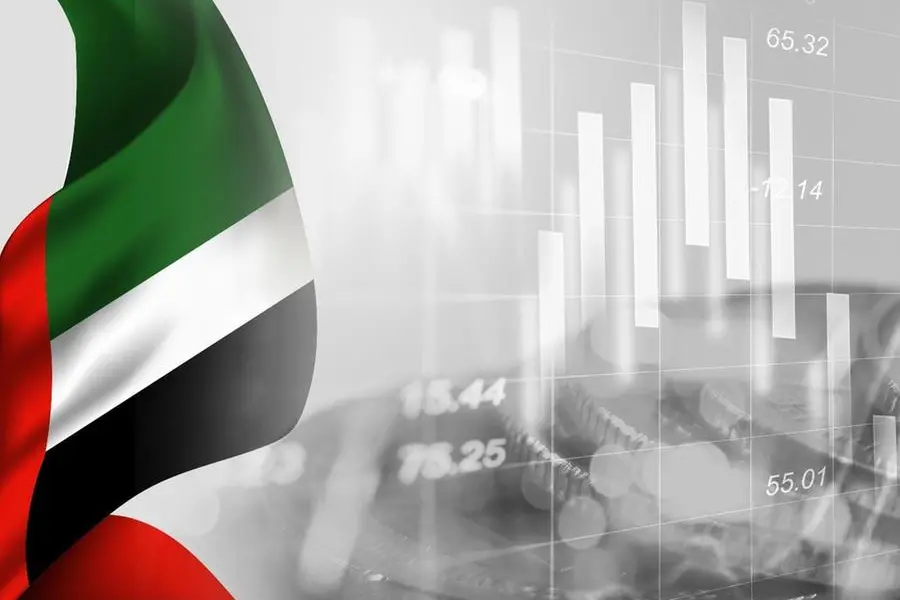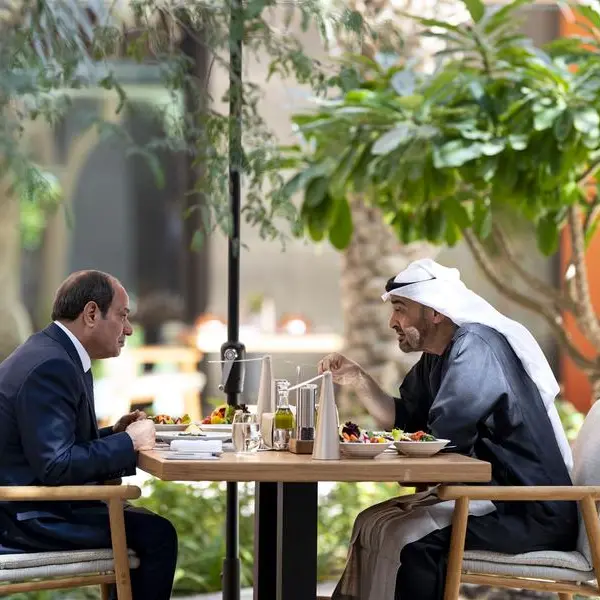PHOTO
The UAE will become an increasingly important player in the Horn of Africa as it focuses on logistics and maritime trade, which it will support with a security corridor.
The Horn is being targeted for closer ties by the emirates as the closest part of Africa to the Middle East, lying across from Yemen, a key flashpoint for Gulf markets, according to analysis.
Port expansions by the emirates have focused on the Red Sea and East Africa, and there is a UAE military presence in the Horn, the Red Sea and the Gulf of Aden, close to the UAE-supported Southern Transition Council’s (STC) presence in Yemen, according to Sayen Gohil, Sub-Saharan Africa Country Risk Analyst, BMI.
The UAE has a national plan to focus on logistics and maritime trade as part of its diversification in a post-oil economy, he said, and it is likely to continue to pair this with a higher security presence in the Horn of Africa in the coming years.
“Other emerging powers such as Saudi and Turkey are also seeking to ramp up engagement in the Horn, and it will be a defining theme for politics in the region and have an impact on intra-MENA relations for years to come,” he said.
Recent Houthi attacks in the Red Sea only underscore its importance as a maritime route, he said, so the UAE will continue to consolidate its presence there.
The continent of Africa as a whole has emerged as a major investment target for GCC states over the past decade, with $100 billion invested. A BMI webinar on the UAE’s strategic economic expansion into Africa revealed that the UAE has invested the largest share, at $60 billion, around twice the amount invested by Saudi Arabia.
BMI estimates the UAE’s assets under management globally at more than $1.8 trillion when counting the Abu Dhabi Investment Authority, the Investment Corporation of Dubai, and Abu Dhabi sovereigns Mubadala and ADQ. A large portion of this has been invested domestically and abroad in strategic non-oil sectors to support the country’s long-term development plans.
Mariette Kas-Hannah, a senior analyst of country risk for the MENA region at BMI, said the UAE has signed a series of economic agreements with several sub-Saharan African countries in recent years.
Fourth largest investor
The UAE is the fourth largest investor in Africa after the EU, China and the US and is a rapidly growing trading partner. In 2022, it was the third biggest importer of goods from Africa.
The country is offering itself as an alternative trade partner to the US and China,
Lara Wolfe, a senior analyst of country risk for sub-Saharan Africa, said.
In October 2023, the US removed Uganda from its tariff-free programme, the Growth and Opportunities Act (GOA), after the latter’s government introduced an anti LGBTQ+ law. In January 2024, the Ugandan government began negotiations with UAE-based Alpha MBM Investments for the development of an oil refinery after talks with a Western-led consortium fell through.
After stalled free trade agreements with the EU, the East African Community announced that it would begin free trade talks with the UAE in line with efforts to increase south-to-south cooperation.
Gohil added that the Democratic Republic of Congo (DRC) has massive untapped mineral wealth, making them a key target for Emirati investments. However, these reserves are in the volatile Eastern region, which has 100 active armed groups.
The UAE has provided military aid to DRC, he said, adding that the country’s bid to integrate economically into untapped markets will need further security cooperation in the coming years.
This aligns with the UAE’s policy of combatting Islamist groups that have spread across Africa, he said.
Renewables and food security
Sithobile Khoza, a senior analyst of country risk for sub-Saharan Africa, said the UAE is also active in financing renewable energy projects in the region. Dubai-based AMEA Power is the largest contributor, developing more than 1,200 MW of solar PV and wind projects, and UAE companies have participated in 30 renewables projects totalling $3 billion.
The Abu Dhabi Fund for Development plays a critical role in financing two projects and aligning the financial package that is coming from the UAE for such initiatives, she said.
(Reporting by Imogen Lillywhite; editing by Seban Scaria)





















